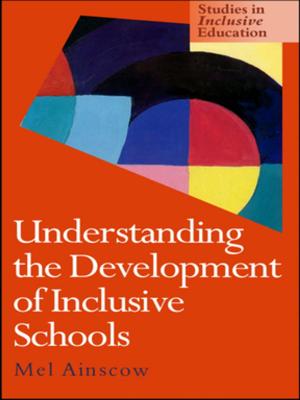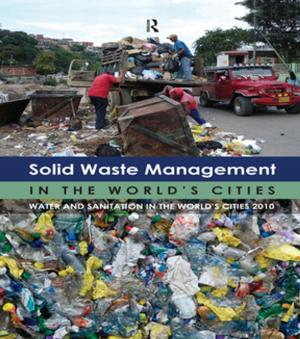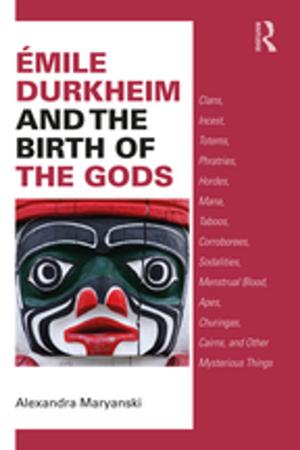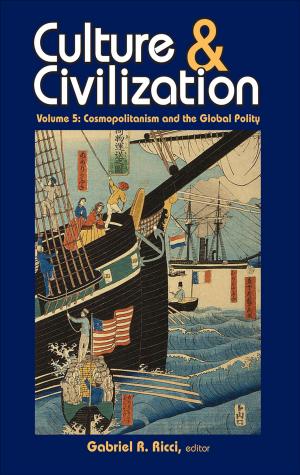| Author: | Michael Morgan | ISBN: | 9781134221233 |
| Publisher: | Taylor and Francis | Publication: | April 6, 2011 |
| Imprint: | Routledge | Language: | English |
| Author: | Michael Morgan |
| ISBN: | 9781134221233 |
| Publisher: | Taylor and Francis |
| Publication: | April 6, 2011 |
| Imprint: | Routledge |
| Language: | English |
Shame is one of a family of self-conscious emotions that includes embarrassment, guilt, disgrace, and humiliation. On Shame examines this emotion psychologically and philosophically, in order to show how it can be a galvanizing force for moral action against the violence and atrocity that characterize the world we live in.
Michael L. Morgan argues that because shame is global in its sense of the self, the moral failures of all groups in which we are a member – including the entire human race – reflect on each person individually.
Drawing on historical and current affairs to explore the emotion of shame, as well as films such as Night and Fog, Hotel Rwanda and Life is Beautiful and the work of Primo Levi, Bernard Williams, and Stanley Cavell, Michael Morgan illustrates how moral responsibility can be facilitated by calling upon an emotional reaction that is familiar, complex, and central to our conception of ourselves as individuals and as members of society.
Shame is one of a family of self-conscious emotions that includes embarrassment, guilt, disgrace, and humiliation. On Shame examines this emotion psychologically and philosophically, in order to show how it can be a galvanizing force for moral action against the violence and atrocity that characterize the world we live in.
Michael L. Morgan argues that because shame is global in its sense of the self, the moral failures of all groups in which we are a member – including the entire human race – reflect on each person individually.
Drawing on historical and current affairs to explore the emotion of shame, as well as films such as Night and Fog, Hotel Rwanda and Life is Beautiful and the work of Primo Levi, Bernard Williams, and Stanley Cavell, Michael Morgan illustrates how moral responsibility can be facilitated by calling upon an emotional reaction that is familiar, complex, and central to our conception of ourselves as individuals and as members of society.















